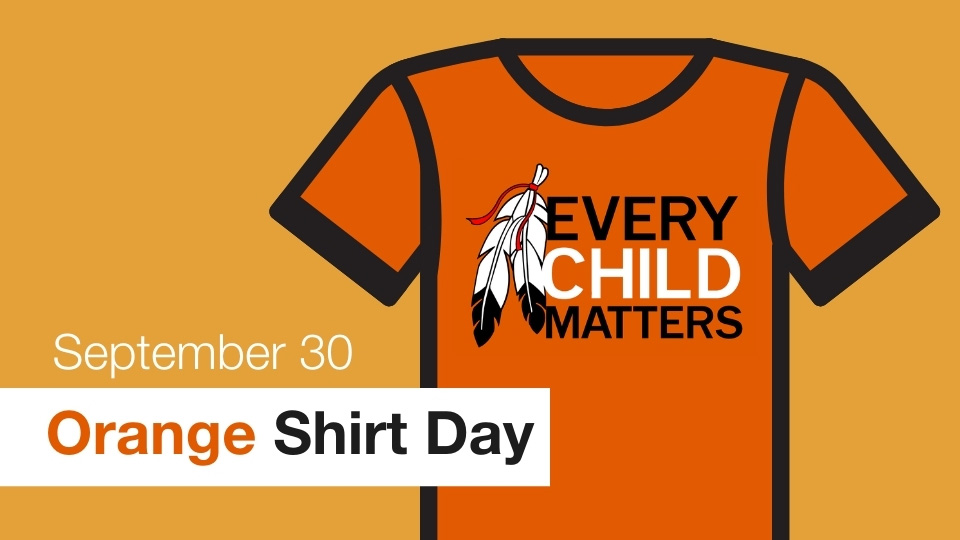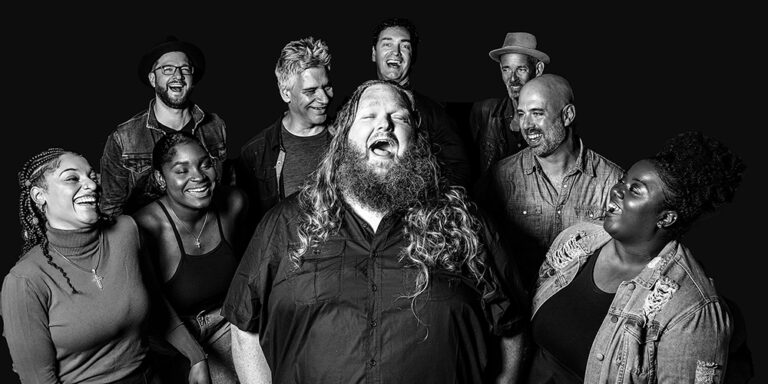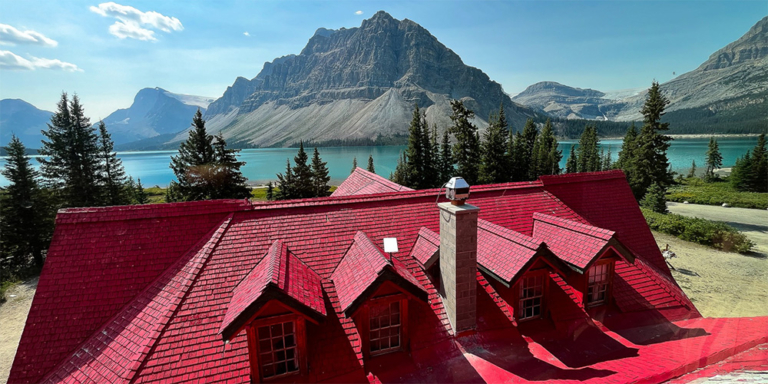The past few years should have made it abundantly clear just how badly we need reconciliation in Canada.
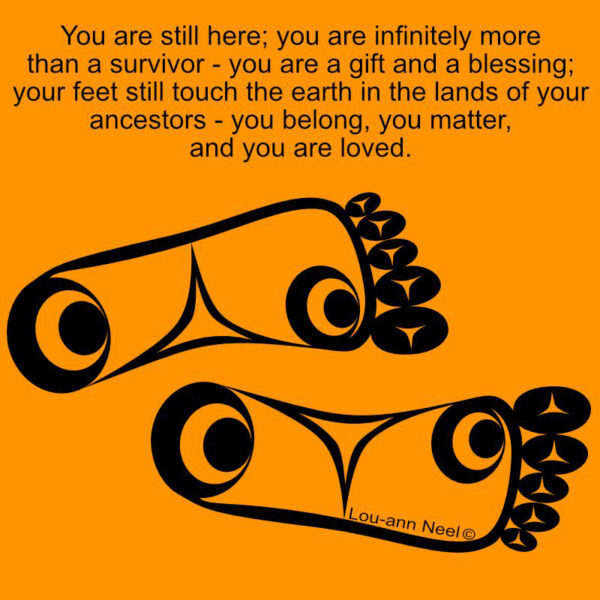
We’ve witnessed everything from the discovery of thousands of unmarked graves outside residential schools to reports documenting everything from forced sterilization to rampant sexual abuse to using native children for unethical scientific study.
New studies have estimated colonists’ arrival in the Americas led to over 55 million Indigenous deaths in the first 100 years of settlement.
From egregious activities like intentional “gifting” of smallpox-infected blankets to slaughtering the prairie bison and forcing populations into starvation and submission – the genocide of Indigenous peoples in North America is possibly the most prolonged and deadly in history.
Indigenous people have been speaking of the endless abuses they’ve endured at the hands of settlers for centuries. But as a nation, we have only started to listen and act recently.
How do we even begin to right wrongs that Indigenous people could rightfully wage war over?
The truth is, we can’t.
Although we can never truly correct these crimes, small steps are finally being take place toward acknowledging the truth of our history.
And there have been attempts at reconciliation.
National Truth and Reconciliation Day
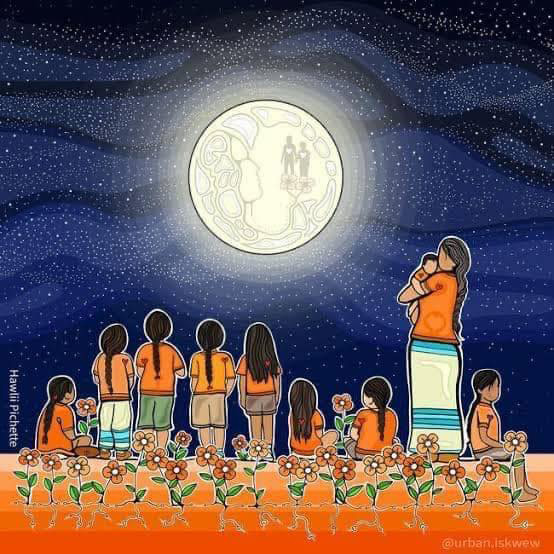

One such step happened in 2021 when the federal government made September 30, National Truth and Reconciliation Day, a statutory holiday in Canada.
It’s intended as a day to focus on learning our shared history, acknowledging the truth of what happened, and participating in ceremonies or personal actions to try and honour indigenous peoples and communities.
It is one small measure towards raising awareness and promoting healing in Canada.
While the federal government may have regulated this federally – not every province has gotten on board yet, and Alberta is rudely late to the party.
Our provincial government does acknowledge the holiday, but not in the way that any other Western provinces have.
“In Alberta, we commemorate the day every year and encourage people to participate in events close to them,” the Alberta government’s website reads.
Despite this sentiment, our government hasn’t made it a paid provincial holiday, while The Yukon, BC and the Northwest Territories have.
It’s hard for people to “participate in events” and fit a day dedicated to acknowledging horrific human rights abuses into their schedule without a day off to participate in and process the meaning of reconciliation.
Where is Alberta?
Let’s make a comparison here.
Over 115,000 Canadian soldiers have died in service since WW1.
Imagine if when the federal government announced Remembrance Day as a statutory holiday, Alberta was like, “Yes, a sorrowful day. Please take part from your work desk.”
That’s kind of the Alberta government’s attitude towards a National Day for Truth and Reconciliation holiday.
As Chief Marlene Poitras said in a news release, “This refusal to formally acknowledge the September 30 federal holiday within Alberta flies in the face of reconciliation with First Nations and shows a disdain and lack of care or respect for Alberta’s Indigenous population.”
This year, September 30th falls on a Saturday, so people will have more freedom to participate in ceremonies near them.
You can find a list of different events across Alberta here. A quick Google search should also turn up some options in your local area.
If you can’t make it to one, here are a few concrete ways you can help foster reconciliation – tomorrow and every day.
What You Can Do
LEARN
Something as simple as being more informed on what indigenous populations have endured and sharing that information with others greatly impacts understanding and acceptance in Alberta.
For your movie night this weekend, watch the indigenous-directed Bones Of Crows, which centers on the story of an indigenous prairies woman suffering through the generational trauma of residential schools (available to view for free right now on CBC Gems),
For those who prefer reading, add a book like Namwayut – We Are All One: A Pathway to Reconciliation to your reading list (or to your book clubs!). It’s an awe-inspiring true story you won’t be able to put down.
SUPPORT
There are hundreds of indigenous-owned businesses in Alberta – you can say a lot by putting your money where your mouth is.
From delectable eats, incredible items, and awesome experiences to sublime services – why not support local while supporting your own needs?
The simplest way to show you care tomorrow is by wearing ORANGE – recognizing what residential school survivors lost and endured. And be sure if you buy a shirt, it comes from an official Indigenous supplier like the Orange Shirt Society, which features an Alberta artist on this year’s t-shirt.
You can read the full story behind the significance of wearing an orange shirt on September 30 here.
Overall, the holiday is an opportunity for all of us to reflect and take meaningful steps toward reconciliation.
Reconciliation is an ongoing journey that requires the collective effort of all Canadians.
Hopefully, our government will soon recognize that Alberta needs more than the bare minimum acknowledgement of the day.
Meanwhile, individual Albertans can do what the government has not done and stand up and support our Indigenous neighbours and friends.
